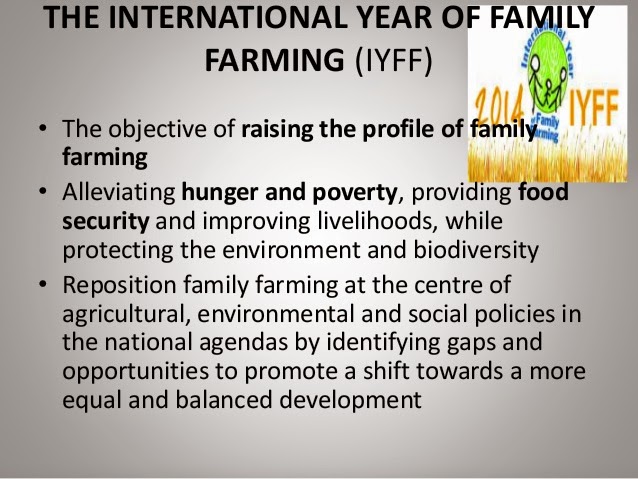नेताको परिभाषा
जब हामी नेपाली जनता, नेता भन्ने शब्द सुन्छौ, हामीलाई लाग्छ त्यो चोर हो, फटाहा हो, झुटो बोल्न सक्ने मान्छे हो, कुनै अपराधिक मुद्दामा सामेल भएको व्यक्ति हो, ठग हो र यो कुरा हाम्रो देशका अत्याधिक नेताहरु सँग मेल खान्छ । हाम्रो देशको राजनीतिक दलहरुको गुण हेर्दा पनि लाग्छ कि सत्य नै हो । हरेक दल तथा नेताले नेपाली जनतासँग झुटो बोलेकै छ, हामी जनताको सम्पतिमा मोज गरेकै छ, हरेक जसो नेता कुनै न कुनै अपराधिक मुद्दामा गाभिएकै छ, भ्रष्टहरु देशका ठुला ओहदा पनि पाएकै छन् । विभिन्न बहानामा विदेश घुम्ने तथा भत्ता लिने काम गरेकै छन् । जे–जस्तो होस् तर नेपाली जनताले दिएको एउटा काम गर्न पनि नसक्ने नेताहरुले देश नै विकास कसरी गर्ला । सम्पुर्ण नेपालीको भविष्यसँग गाभिएको संविधान नेताहरुले गणतन्त्र आएको सात बर्ष वितिसक्दा पनि बनाउँन सकेका छैनन् । दश बर्षमा स्विटजर ल्याण्ड बनाउने भनेको नेताहरु दैनिक जसो संसद घेरेर बसेका छन् । साच्चिकै भन्ने हो भने हाम्रो नेताहरुको चाला हेर्दा लाग्छ गणतन्त्र भन्दा राजतन्त्र नै ठिक थियो, प्रजातन्त्र तथा बहुदल भन्दा एक दलिय प्रणली नै ठिक थियो । नेताहरुको झुटो आश्वाश्न सुन्दा–सुन्...


